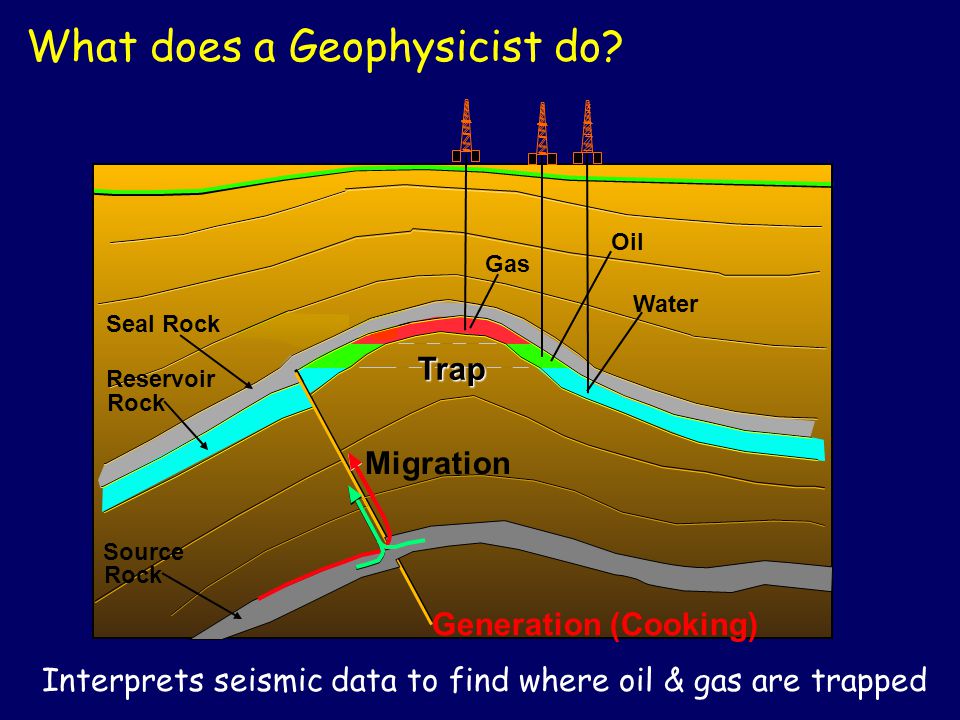All Categories
Featured
Table of Contents
Geophysical Surveying in Ocean Reef Oz 2023
This work is progressively contracted out, so consultancies offer another source of work. Consultancy firms vary in size, from very small business to large multinationals. Some consultancies are quite specialised in utilizing particular geophysical strategies or working in particular areas, while others use a more varied series of services to their clients.
The extraction of gas from landfill sites is another area of work and this might grow in the future. Expedition business may carry out work for construction companies, water companies, mining companies and environmental firms, so geophysicists may be employed in any of these settings. Other companies include: geological surveysgovernment bodies and agenciesuniversities and research institutes.


Vacancies might be noted in the oil and gas sector press. Recruitment is impacted by oil price variations and the level of competition for positions differs depending on this. Careers Days, which cover the full variety of geoscience careers and are generally attended by a variety of crucial market companies, are run by The Geological Society.
Airborne Geophysical Methods in Hamersley Oz 2021
A few of the large oil and gas companies offer a complete two-year structured training programme throughout the breadth of geophysics, consisting of the chance to experience operate in different groups prior to specialising in one area. Your training might consist of deal with: existing wellsmagnetic and gravitational prospective field data analysisresearchrock analysis. It's more usual for your initial training to be provided on the task.

There may be a probationary period during which you work along with a knowledgeable colleague. Competency-based appraisals occur frequently in most companies. In smaller sized firms, and for academic posts, there is not likely to be any official training - you'll be expected to begin work straightaway and get abilities as you go along.
If you work for a smaller company, you might find that you require to take responsibility for organizing and funding your own development and training. If you have a geology degree, subscription of The Geological Society can be helpful for networking and for keeping up to date with the industry.
Geophysical Surveying - Methods And Applications in Edgewater WA 2021
You may also find it helpful to join the PESGB (The Petroleum Exploration Society of Great Britain, which has a geophysics special interest group. After a probationary period, and when you've gained some experience, you might progress to senior geophysicist, then group leader and after that into a senior function in management.
The ease of movement in between functions depends on the company structure. Study at Masters or Ph, D level in a subject associated to geophysics or geosciences might help with your profession development and development. The employment market within the oil and gas market is very reliant on cost and this may affect your opportunities for career development.
For experienced geophysicists, freelance consultancy provides an excellent route for career development. As a geophysicist, you're likely to have numerous jobs throughout your working life.
Career Opportunities In Geology in Mt Richon Oz 2023
From geophysics, it's possible to focus on seismology (finishing further training to become a seismic interpreter) or to move into associated areas such as engineering geology or threat prediction.
Choosing what to study in college is a difficult option. Even if you know that your field of interest depends on science, what program of study is best for you? If you make the choice to significant in physical and life sciences and pursue a career as a geophysicist, you're preparing for an exciting and successful occupation.
The very first action to accomplishing your goal of becoming a geophysicist is making a degree. Even for entry-level positions in the field of geoscience, you'll require a bachelor's degree (a geophysicist college degree) from a certified college or university. Geophysicists must be able to: examine rocks, photographs, and other pieces of information perform research both in the field and in labs develop maps and charts of their findings write reports To accomplish all this, students require a specialized education for geophysicist professions.
As specified above, you'll need a bachelor's degree in geoscience or an associated discipline, such as a physical science or a life sciences, to land an entry-level job. Trainees can also prepare by majoring in topics like: Biology Chemistry Computer science Engineering Mathematics Physics The above geophysicist majors provide a more generalized technique to a single scientific discipline, however a lot of programs require students to take one or more geology course.
Latest Posts
Geophysical Surveys: Definition & Methods in Forrestdale Oz 2020
Geophysics in Spearwood Australia 2022
Geophysical Survey in Kinross Oz 2022